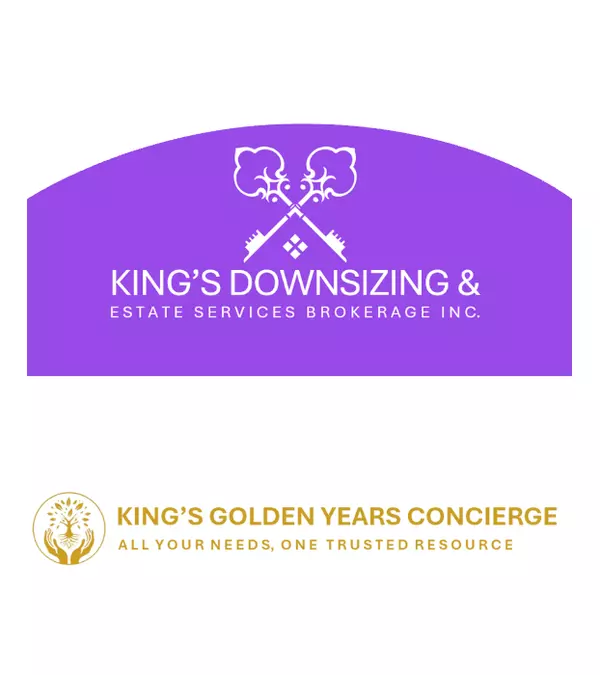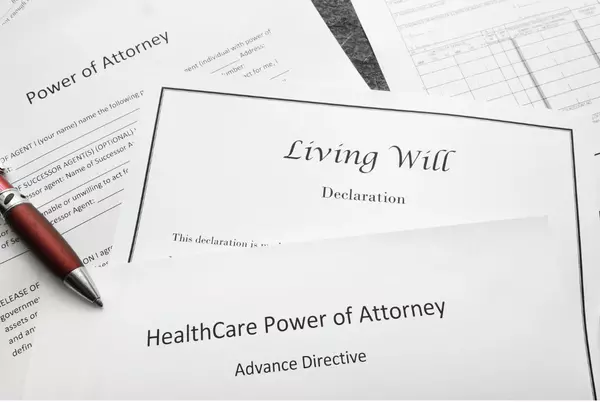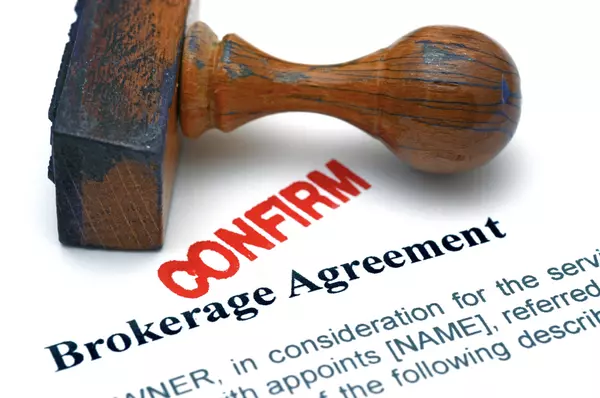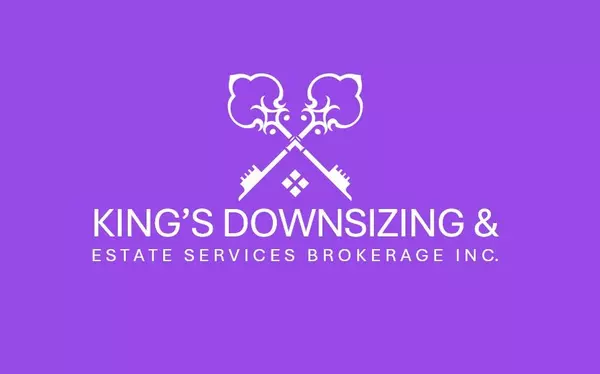How to Manage Sentimental Items When Downsizing

Downsizing can be a liberating experience—a chance to simplify your life, reduce clutter, and move into a space that better fits your current lifestyle. However, one of the most challenging aspects of this process is managing sentimental items. These are the belongings that hold emotional value, re
Read MoreCreating a Safe Home Environment for Aging in Place

As we age, the comfort of home becomes increasingly important. For many seniors, the desire to remain in their familiar surroundings—often referred to as "aging in place"—is a priority. However, ensuring that your home is safe and supportive for this lifestyle requires thoughtful modifications and
Read More-

Choosing the right senior living option is a critical decision that can significantly impact your lifestyle, financial health, and overall well-being. Among the various choices available, Land Lease and Life Lease arrangements are two popular options that cater specifically to seniors. Understanding
Read More Becoming a Member of Our Senior Concierge Services

Navigating the real estate market can be a complex journey, particularly for seniors and their families. As our loved ones age, ensuring they have access to the best living arrangements becomes a top priority. That's where our Senior Concierge Services come into play. We are committed to providing e
Read MoreThe Benefits of Early Estate Settlement Planning

In today's fast-paced world, planning for the future is more important than ever. While many people focus on immediate financial goals or career advancements, it's crucial not to overlook the long-term benefits of early estate settlement planning. This proactive approach can significantly impact you
Read MoreUnderstanding the Different Retirement Living Options Available to You

Retirement is a significant milestone that often brings about the need for a change in living arrangements. As sellers consider their options, it's crucial to understand the different types of retirement living available and the reasons why one might choose each. The decision to move can be driven b
Read MoreHow to Donate Household Items and Make a Difference in Your Community

When it comes to selling a home, decluttering is a crucial step that can help you present your property in the best light possible. However, what do you do with all those household items that no longer fit into your new space or lifestyle? Donating them is an excellent way to make a positive impact
Read MoreDecluttering 101: A Step-by-Step Guide to Letting Go of What No Longer Serves You

Selling your home can be an emotional and overwhelming process. One of the most crucial steps to making your property appealing to potential buyers is decluttering. It’s not just about tidying up; it’s about creating a space where buyers can envision their own lives unfolding. In this blog, we’ll wa
Read MoreDownsizing is the Best Decision for Your Future

In today's fast-paced world, the concept of downsizing has gained significant traction among homeowners, particularly those looking to sell their properties and transition into a more manageable lifestyle. For many, the idea of maintaining a large home filled with unused space and excess belongings
Read MoreNavigating Cross-Border Estate Settlement: A Guide for Executors

Settling the estate of a loved one can be an emotionally challenging and legally complex process, especially when it involves navigating cross-border implications. For individuals who are based out of province or out of country and are managing an estate in Ontario, Canada, ensuring clarity and comp
Read MoreCompleting the Estate Journey: Final Tasks for Settlement

As you reach the culmination of the estate settlement journey, it's time to tie up loose ends and bring closure to the process. Here's a rundown of the essential tasks to wrap up the estate settlement: Distribute Assets:With the asset disposition plan finalized, proceed to distribute the net estate
Read MoreNavigating the Heart of Estate Settlement: Essential Tasks to Wrap Up Affairs

After laying down the initial groundwork outlined in the Timeline tasks, it's time to delve into the core phase of estate disposition. This pivotal stage involves executing a series of crucial tasks to bring closure to the estate administration process. Here's a breakdown of key responsibilities: Re
Read MoreNavigating Tax Deadlines and Estate Responsibilities Throughout the Calendar Year

As the executor of an estate, you're tasked with numerous responsibilities, including managing tax-related matters that extend beyond the decedent's date of death. Understanding the calendar year's impact on tax deadlines and estate obligations is crucial for ensuring compliance and effective estate
Read MoreNavigating the First Three Months After a Loss: Essential Tasks and Considerations

Losing a loved one is a profound experience, and the initial months following their passing can be both emotionally challenging and overwhelming with various administrative tasks. Building upon the responsibilities outlined in the first month, here are crucial tasks you should focus on during the fi
Read MoreNavigating the First Month After a Death: Essential Tasks and Considerations

Losing a loved one is a challenging experience, and navigating the first month after their passing can be overwhelming. In addition to the tasks outlined in the initial week, there are several key responsibilities that need attention during this period. 1. Get Organized:Setting up file folders to o
Read MoreExploring Probate: Assessing Your Need for Legal Assistance

Deciding whether to enlist a lawyer's help in settling estates is a common dilemma. While legal expertise may be necessary for certain estates, the choice ultimately rests with you. Probate lawyers offer invaluable support throughout the process, providing essential resources and connections to stre
Read MoreUnlocking Estate Success: Immediate Executor Responsibilities

Navigating the complexities of estate administration in Canada demands swift action and meticulous attention to detail. While the process typically spans 6-18 months, certain tasks require immediate attention to ensure a seamless transition. Here's what you should prioritize within the first week o
Read MoreUnderstanding Probate Bonds in Estate Management

Probate bonds are a crucial aspect of estate administration, especially when navigating the probate process. In Ontario, the regulations surrounding probate bonds can vary based on several factors, including the presence of a will and the residency of the executor. Let's delve deeper into what proba
Read MoreSimplifying the Small Estate Process in Ontario: A Guide by Desiree King

In Ontario, managing the estate of a loved one can be a complex and overwhelming task, especially when faced with the probate process. However, since 2021, there's been a significant change for small estates valued at less than $150,000. As the founder of King's Downsizing & Estate Services, I'm her
Read MoreWhat Happens If You Die Without a Will in Ontario, Canada?
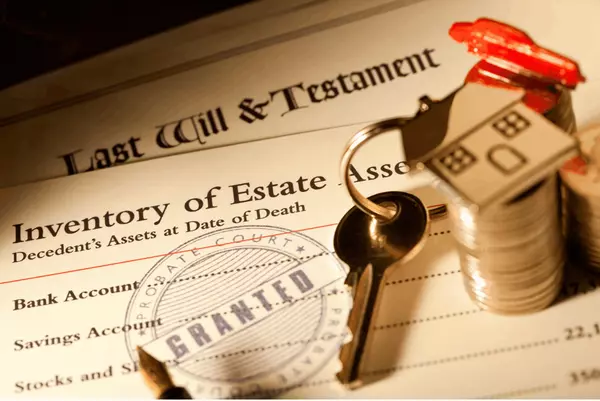
What Happens If You Die Without a Will in Ontario, Canada? Losing a loved one is never easy, and dealing with the aftermath can be overwhelming, especially if they passed away without leaving a Will. In legal terms, dying without a Will means dying "intestate," which essentially means that there ar
Read More
Categories
- All Blogs 73
- 55+ Living Communities 20
- Aging-In-Place 16
- Community Engagement 3
- Concierge 13
- Decluttering 8
- Downsizing 31
- Estate Planning 6
- Estate Settlement 26
- Fall Prevention 11
- General 18
- Home Safety 8
- International Retirement Living 4
- Land Lease 6
- Life Lease 7
- Lifestyle 15
- Out of Town Estate Settlement 24
- Probate 22
- Real Estate 4
- Retirement Residences 17
- Tax Returns 4
- Wealth Transfer 21
Recent Posts


